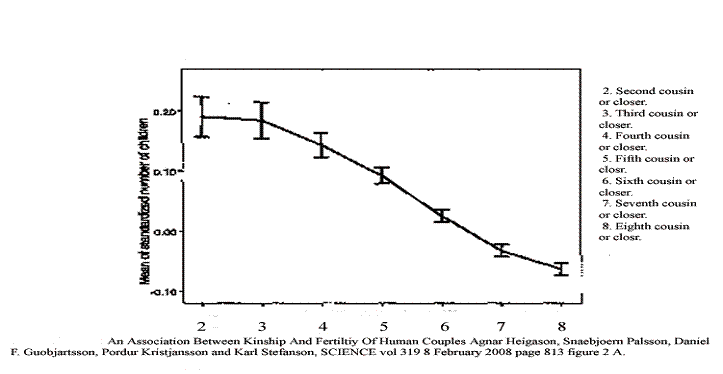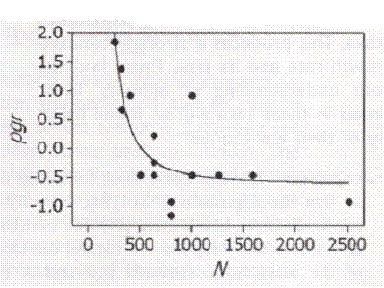
On the Superiority of Humans:
Back in medical school we had a lecture on the work of J. F. Skinner. What this luminary did, among other things, was to put a trained pigeon in a cage with a few lights, a button and a little chute. When a certain light came on, the bird could tap the key. Then light would go out and a kernel of corn would drop into the chute for the bird to eat. Skinner could then vary the conditions, giving the bird a clue as to what the rules were by what lights were on.
The memorable condition was that when a certain arrangement of lights went on a clock would start, unseen by the bird, and after a period of time a peck would yield food. He had a little mechanism to record what the bird did. A pen would move along horizontally, and at each peck the pen would go up vertically for a tiny increment.
Now one might think that the bird would either peck at some constant rate until its behavior was rewarded – “reinforced” was the proper term – and then collect its kernel in due course. Or maybe it would just wait out its time and collect its reward in return for a single peck. Instead, it would give a response curve that looked a little like this:

For a while it would do nothing. Then it would peck faster and faster until by the time it got its food it was going flat out.
It you presented a human with a comparable task, the curve looked more like this:
![]()
The person would keep his or her composure for almost the entire latent period of the mechanism and then show a brisk little response at the end. Of course we asked, “Why?”
The reply was, “That’s a meaningless question. It’s just a behavior. It follows the same rules as the behavior of the pigeon.”
Of course we asked what a person would say if asked what he was doing. We were told, “He’ll say the darndest things. He’ll say he’s trying to get the pattern of punches right or something. That’s only as long as he doesn’t figure out exactly what is going on. If he catches on he will just wait it out and get the reward the easy way.”
Of course the human and the bird were not quite the same. The human was just better at doing the same thing. We’ve got a lot of brainpower at our disposal any time we care to call it into action.
When a person is asked why he or she or another person has had a baby, the immediate response is “Choice,” and that response will be vigorously defended. If you show a person the graph from the Iceland study you have seen

which shows that fertility is determined by the kinship of the parents (fertility on the vertical axis, second cousins, third cousins and so forth on the horizontal – I am oversimplifying a bit) you will not have made the person happy. Taking into account that the Iceland study also shows a similar pattern for grandchildren, and there is just about no room for choice at all. Compare that with the relationship between kinship (or rather population size, which works out to the same thing) and fertility in animals as shown by the Sibly study, which you have already seen,

On the Regulation of Populations of Mammals, Birds, Fish, and Insects. Richard M. Sibly, Daniel Barker, Michael C. Denham, Jim Hone, Mark Pagel SCIENCE VOL 309 22 JULY 2005 page 609 figure 1. The vertical axis is the population growth rate. The horizontal axis is the population size as estimated from population density. This is one of more than a thousand species analyzed, typically with the same shape of curve. They point out that growth rate should be very low at low population sizes because inbreeding depression is well established, but they did not observe it.
(growth rate on the vertical axis, population size on the horizontal) and it appears that the animals have more choice than humans do.
Forgive me for saying “obviously,” but … obviously animals cannot possibly have more free will than humans. The fact that humans in this case are more predictable than animals are is (it has to be, but some day this one could come back to haunt me) simply that animals are more subject to accidents than humans are. Humans are better only in that humans are more reliable at accomplishing exactly the fertility pattern that nature has mandated.
There have been 6,434 visitors counted so far.